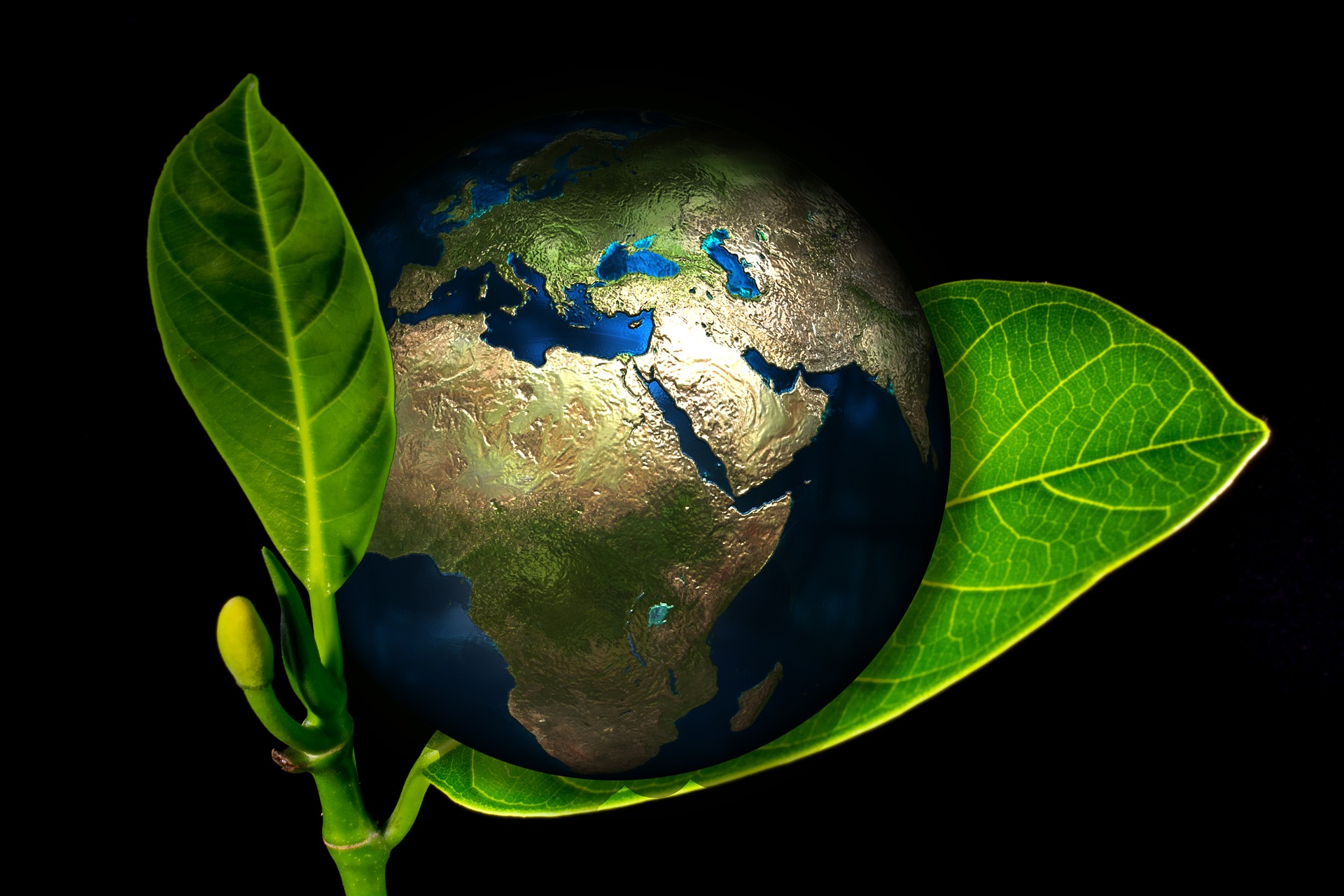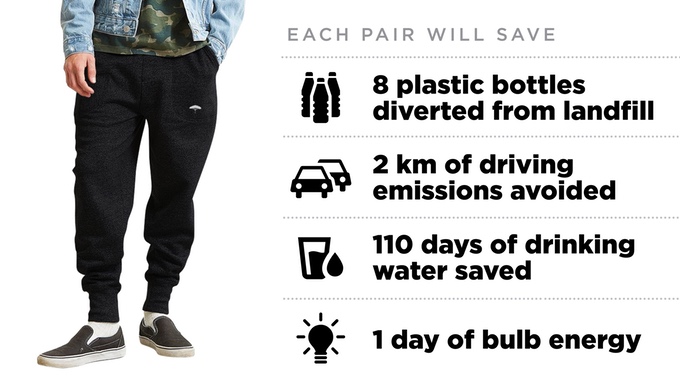
You may have noticed companies using numbers and statistics highlighting the green benefits of their products. These statistics may be the number of cars that are taken off the road or water saved by using certain products. Have you ever wondered how they do that?
We had the opportunity to speak with a Canadian company that works in this field. Green Story uses engaging visuals to help market the green benefits of products. We asked them to give us an overview of what they are doing and why they are doing it. Check out what they had to say:
Choosing green
When people think of fashion, the word sustainability doesn’t usually come to mind. Like many things we use and interact with in our everyday lives, its impact is hidden. Have you ever wondered how much energy, water and emissions go into that shirt you’re wearing?
When you choose to buy ethical products, you make a conscious decision which has significant impacts outside of the price you pay.
Tragedies such as the Rana Plaza disaster and the Great Garbage Patch remind us of this. Despite this, we don’t always make the more sustainable choice. Ever wonder why?
Simply put, all of us make decisions based on what’s put in front of us and what we can understand. When you’re shopping online or in a store, we look at the quality of a shirt, convenience and price. What if we were given information that is more meaningful to your values?
A Case Study
What if you could bridge that gap between the choice you make and the wider impact that you have. At Green Story, we try to do just that. It allows companies to show their impact to clients in a clear, credible and intuitive way. Let’s take the example of Ungalli Clothing.
Their innovative product line utilizes recycled plastic bottles and organic cotton. It all sounds pretty sustainable, but what do the numbers say?
How the calculations work?
In order to calculate the impact of Ungalli’s products (or indeed any company), one has to look at everything from material sourcing to transport to distribution. Each of these processes takes in energy, water, and usually generates waste and emissions. This process and material usage is then compared against current industry standards. In the case of Ungalli’s joggers, it was compared against cotton joggers made by other companies. From this, Green Story was able to calculate how much people save by choosing Ungalli’s sustainable joggers over the cotton alternative. Here’s what the numbers looked like:

Through Green Story’s visualization platform, Ungalli was able to then embed these metrics into their online store. Customers are better informed about the impact of their choices when they buy sustainable clothing.
Why it matters
From a psychological point of view, here’s why it’s important to show this information:
- Everyone has a bias towards information that stands out. We have a tendency to discount things that are not apparent, like how much water is used to make a T-shirt. If such information was presented clearly, then we can make better choices.
- Each of us also makes choices based on how easily the information is available. If you don’t recognize a certification or label, you’re not likely to Google it in a store, or even if you’re shopping online. The average consumer spends just 7 seconds looking at an item. Our infographics makes the information clear, readily available and visually appealing so that customers can easily see the impact of the product.
- Labels and vague claims add clutter and noise in an information saturated world. This information overload leads to mistrust. By showing credible numbers clearly and in an understandable manner, we built transparency and trust between consumers and the brand.
This is why, at Green Story, we are able to help green companies reach a greater audience and help people make better choices. For example, if you switch your plain cotton t-shirt to an organic one, you can save up to 300 litres of water. That’s enough drinking water to last you 15 days!
By making these connections, we believe in making the sustainable choice the simple choice for companies and end consumers like us!


Be the first to comment